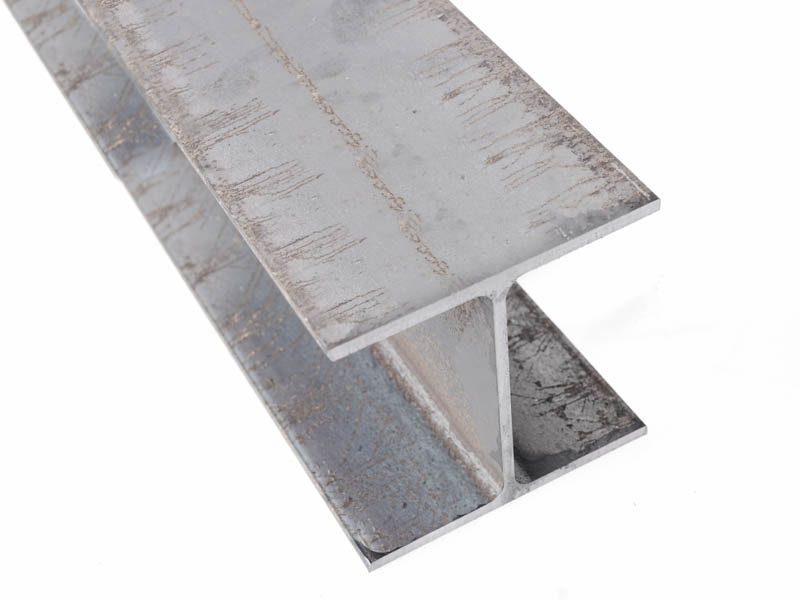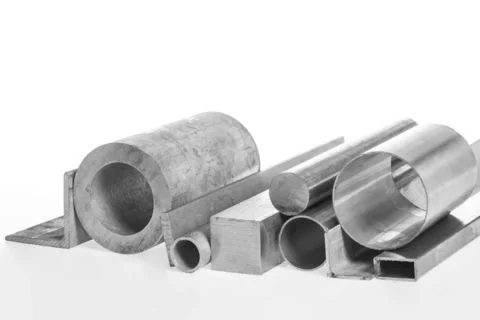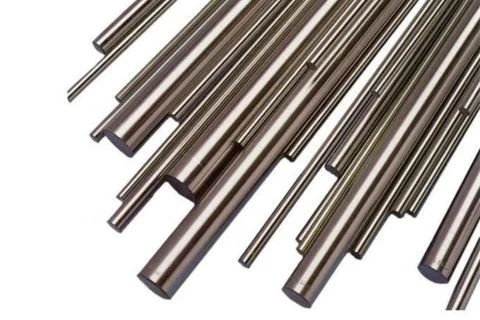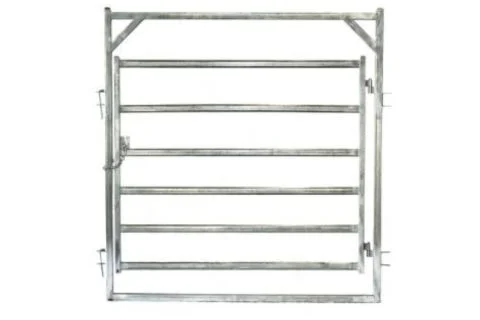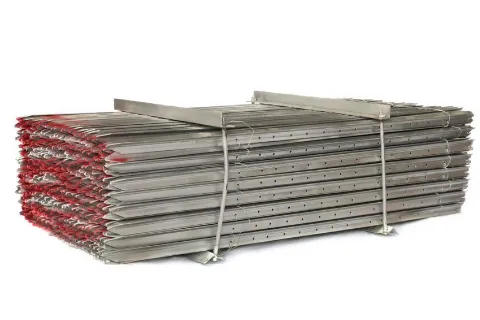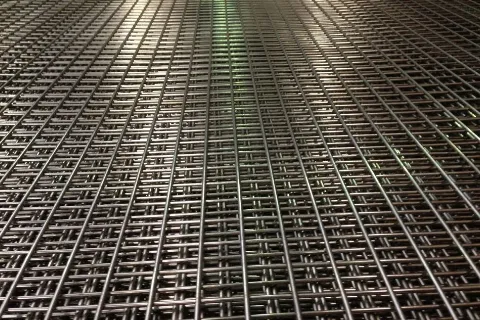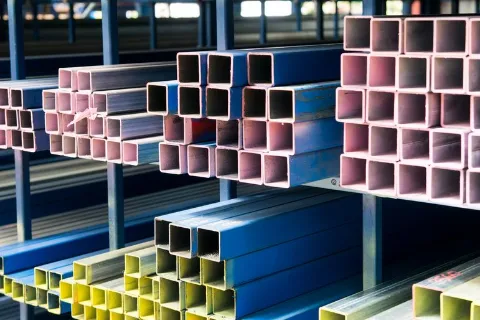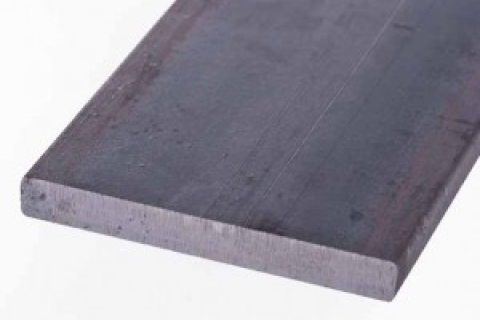Brass vs copper – which should you choose?
Every metal has its own unique properties. But when those properties are similar, as in the case of brass and copper, it can cause confusion. The ‘red metals’ do share qualities: brass is a copper alloy after all, but if you make the wrong choice it can spell disaster for your project.
At Edcon Steel we can help you with all your steel and metal requirements 24/7 in our online store. If you’re unsure which you need, we’ve broken down the differences between brass and copper to help you choose the right metal for your application.
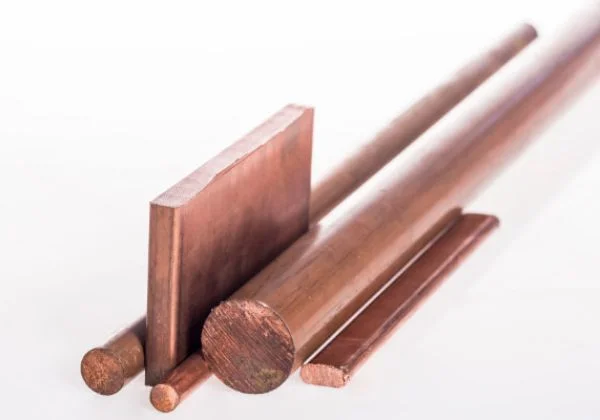
The properties of copper
Copper is a natural element with high thermal and electrical conductivity. It is a base metal and oxidises easily.
When it is exposed to the elements, it forms a protective green layer on its surface to protect the metal from further damage. This layer is called a patina. As long as it is sealed properly, the natural colour – a reddish-orange – will be maintained, despite exposure to the elements.
Copper is a malleable metal which makes it easy to work with in a number of different applications. Despite its malleable nature, copper is extremely durable.
A fun copper fact is that it has antibacterial properties. It was also one of the earliest metals discovered. Copper has a serious pedigree!
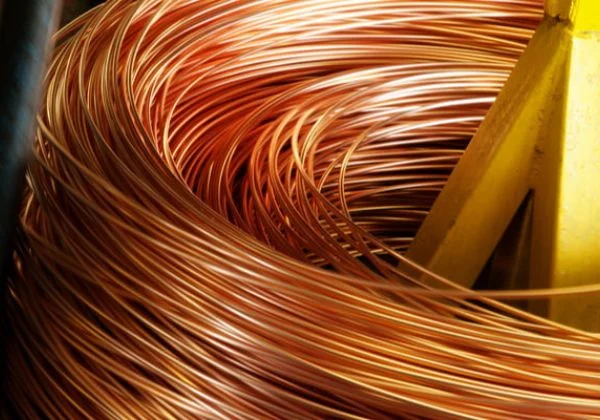
Copper applications
The Greeks and Romans were big fans of copper. This is likely because it was naturally occurring, abundant and malleable, so easy to form into shape. In ancient times they used it to make tools, weapons, jewellery and cookware.
We’ve come a long way in our use of copper. These days you will find it used extensively in electrical environments due its high conductivity, strength and formability. It’s used in wiring, pipes and pipe fittings. The antibacterial properties of copper also lend it to use in lab and medical equipment as well as for water filtration.
Copper is a metal that combines well with other metals, so you will find it in any number of metal alloys – brass included. Rose gold is a popular metal used for jewellery making, and it is an alloy made from copper and pure gold.
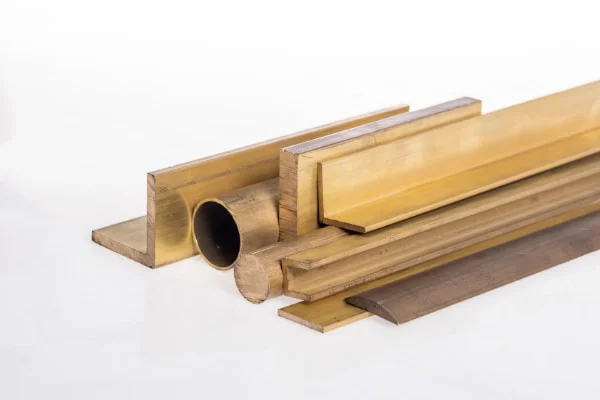
The properties of brass
Brass is an alloy of copper and zinc. The amount of zinc added to the alloy affects the properties of the brass. More zinc in the alloy results in higher strength and lower ductility.
Depending on the amount of zinc added, the colour of brass will range from red to yellow.
Brass has copper to thank for a lot of its best qualities like corrosion resistance, electrical conductivity and antimicrobial properties.
Brass also offers good machinability. With the added zinc, brass is tougher and also denser than copper, so it lends itself well to the high pressure and repetitive motions of industrial machinery.
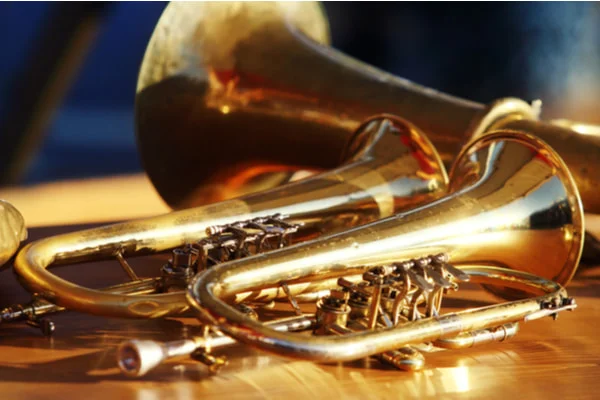
Brass applications
From zippers to household items, ammunition, doorknobs and locks, brass is used widely in the production of goods in industrial applications as well as for consumer use. In fact, brass is probably one of the most widely used of all the alloys.
Brass has a similar appearance to gold – with a much lower price tag – so it is often used by artisans to create a gold-like finish.
You will also find brass commonly used in imitation jewellery.
While copper can be used in musical instruments, brass is the more common metal of choice. The difference is a more mellow sound with copper and a brighter sound with brass. Brass has high malleability and durability – a winning combination for so many applications.
You will also find brass in electrical components such as switchboards, busbars and the like. While both brass and copper are both commonly used in electrical applications, brass has stronger mechanical properties so it is used for electrical fasteners – screws, nuts and bolts.
Brass vs copper - we’re here to help
Edcon Steel is Australia’s most comprehensive online steel and metal superstore, so if you’re looking for brass or copper products for your next project, we’ve got you covered. We cut and supply steel and metal – in a wide range of shapes, sizes and grades – for all your project needs.
Read more steel articles to find out more about the steel industry, customer projects and product resources.

